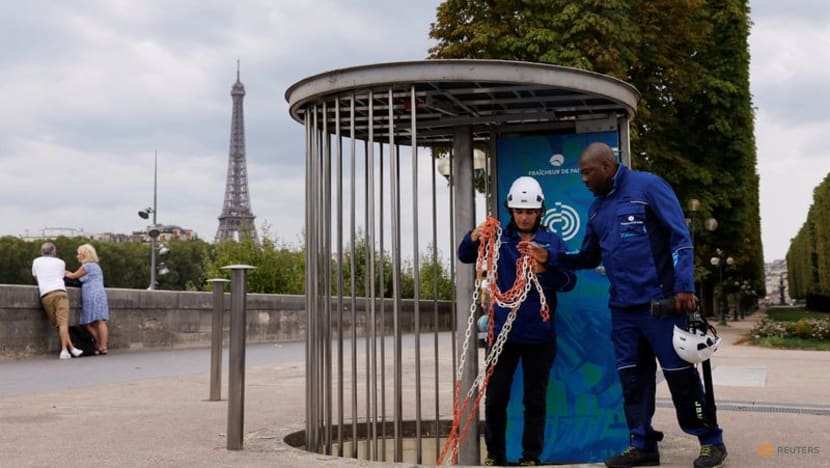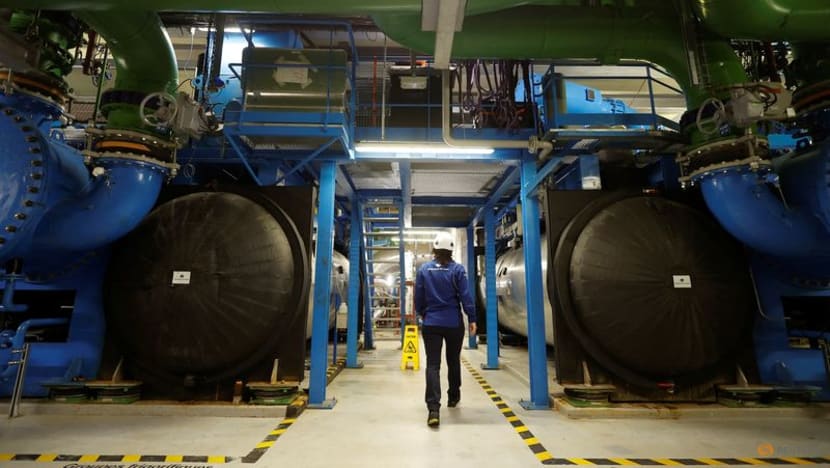PARIS: The city of Paris plans to expand an urban cooling system that draws on water from the Seine River as it seeks to meet rising demand for air conditioning while curbing carbon emissions, its secretary general Raphaelle Nayral said.
Europe's largest cooling network serves sites across the city, including buildings that will be used for the Paris Olympics next summer, like the Grand Palais, a sprawling glass and steel exhibit hall in central Paris.
It draws water from the Seine River for cooling power stations that pump cooled water through underground pipes to buildings that use it instead of individual air conditioning units, said Nayral, of the network operated by Paris Fraicheur, owned 85 per cent by French energy company Engie and 15 per cent by Paris transport operator RATP.
"The buildings pick up the coolness of water that we deliver and will use it for air-conditioning," she said, in what she stressed could help control the level of air-conditioning carbon emissions in Paris.

